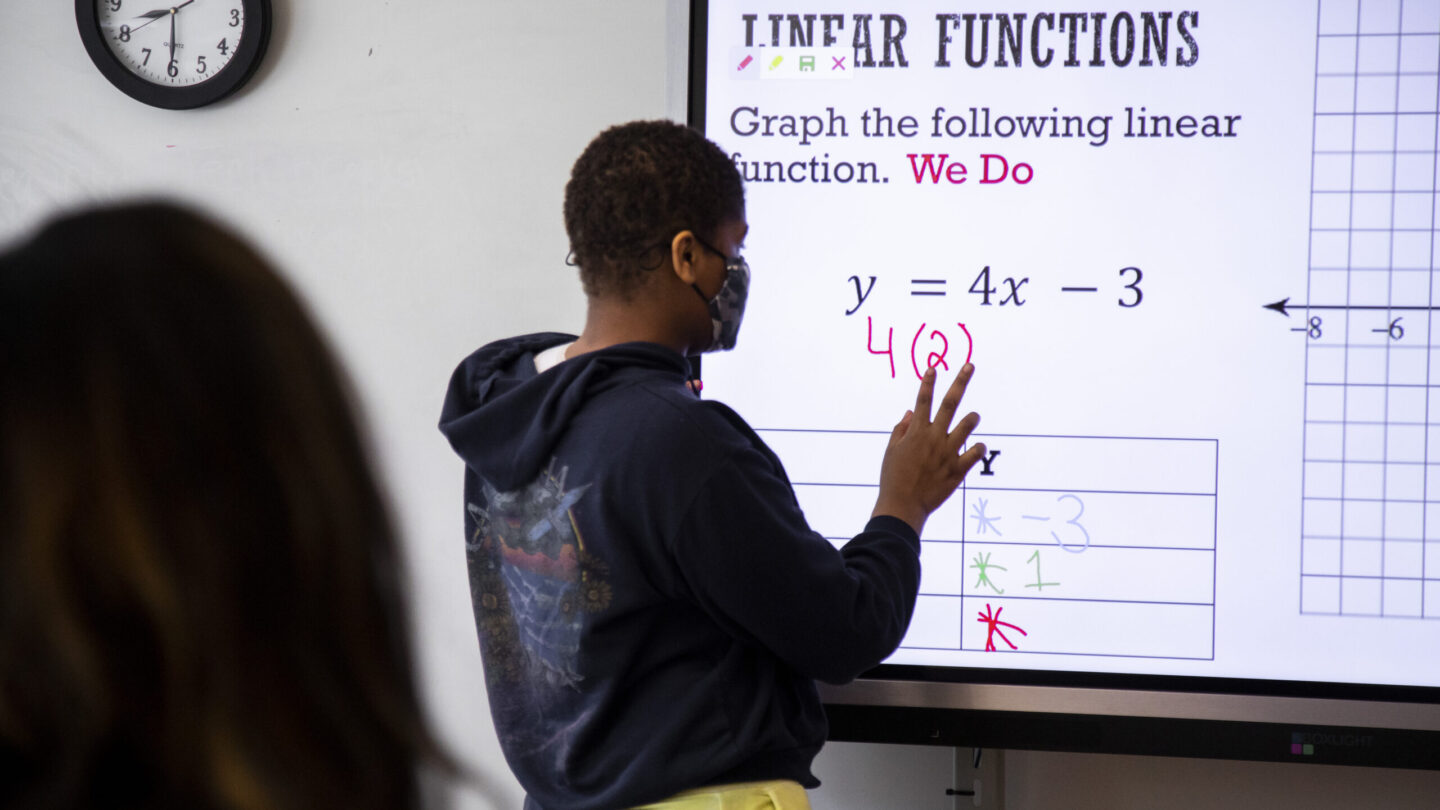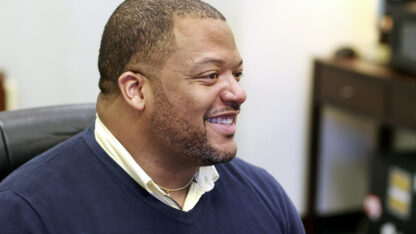The pandemic reversed academic gains metro Atlanta students were making, according to a new report from education non-profit Learn4Life.
“There are sort of two big takeaways,” said Learn4Life executive director Ken Zeff while speaking about the data at the Metro Atlanta Chamber of Commerce Thursday. “One is we were making a little bit of progress that got erased by the pandemic. [The] second, and maybe even more substantial takeaway is, we weren’t doing very well before the pandemic.”
The report showed in 2019, about 40% of metro Atlanta third graders were reading on grade level. In spring 2022, 39% of third graders reached that benchmark.
“Forty percent can’t be acceptable,” Zeff said. “That can’t be enough.”
Districts are now focused on academic recovery programs to help kids catch up. They’ve received unprecedented amounts of federal relief money to help. Atlanta Public Schools has extended the school day for elementary students, established a summer recovery academy, and has provided access to health care.
“As of the closure of this week, every student in our school system … has access to free telehealth, ages four to seniors in high school,” said APS Superintendent Lisa Herring.
Herring said that includes medical and mental health care, stating before schools can adequately address learning gaps, they must ensure students are healthy. City Schools of Decatur Superintendent Maggie Fehrman agreed and said her district has opened student centers at Decatur High School and Beacon Hill Middle School.
“It’s a space for students to come when they need a break … for them to access counselors in real-time,” she said.
Fehrman said the district also employs a full-time addiction specialist. Clayton County Superintendent Morcease Beasley said catching kids up afterCOVID will take a village.
“No matter what we do as school systems, we don’t have enough time in the day or the school year,” he said. “So, families, the community at large, partners–they really have to step up to help us address this learning situation that we’re dealing with.”
Learn4Life also looks for “bright spots” in the data, meaning it seeks out effective programs or teaching methods that work for some schools and tries to bring them to scale. The nonprofit is partnering with districts to help them in specific areas, including early literacy, retaining good teachers, and ensuring high school students are prepared for post-secondary education.









